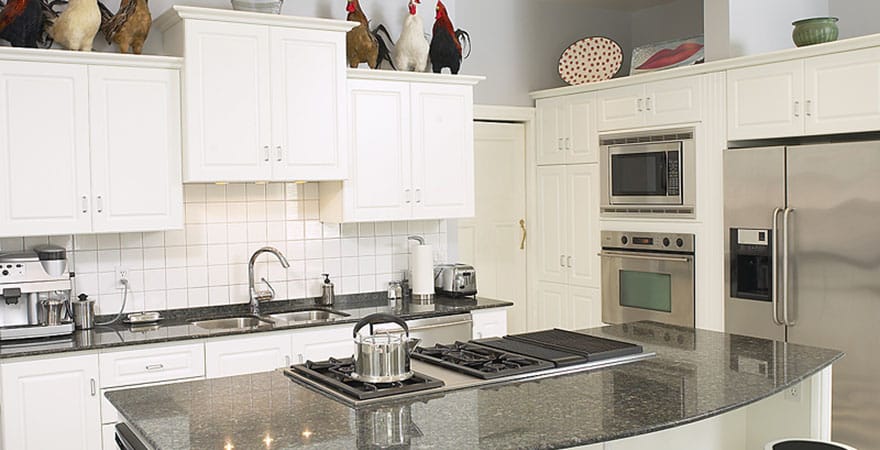
Water Treatment vs Water Filtration
Home Improvement June 30, 2023 No Comments on Water Treatment vs Water Filtration 50You might have heard about water filters and water treatment, but did you know that these things are completely different? Here is everything you need to know about water filtration systems and water treatment processes.
Water Treatment
Water treatment is a chemical or physical process, which involves killing all the microorganisms and bacteria in the water. Water tends to have a lot of impurities in it, like viruses, bacteria, fungi, and even other small living things, which are not safe for your body to consume at all. This is why these things need to be removed from the water in order to ensure that it’s safe for drinking. This is done through a water treatment procedure. Water treatment is also known as a water purification system because it generally makes the water clean and pure.
You might be wondering about the different water treatment processes and how the mechanism works. The thing is that there are different mechanisms for different water treatment procedures. Some very common water treatment procedures are mentioned as follows:
Reverse Osmosis
Reverse osmosis is a physical water treatment process. It consists of a thin membrane, called the semipermeable membrane and it allows water to pass through it, but it will capture all of the other unwanted chemicals and living organisms and leave them behind. Reverse osmosis is the process that purifies about 99% of the bulk volume of water. It is a great treatment plant to have, but it can also be very expensive.
Truth is, reverse osmosis has more popularity in industries, labs, and hospitals, where clean and pure water is needed on a daily basis. Reverse osmosis plants can be installed in houses as well, but there needs to be a very good reason as to why you’re installing it, otherwise, it will just be a waste of money.
Deionization Of Water
Deionization of water is a chemical water treatment process and it’s quite interesting. This is also known as the ion exchange process and it is used to remove any unwanted salt ions from the water, which change the composition of it and make it hard in nature.
The ion exchange process doesn’t normally get rid of bacteria and fungi in the water; rather it deals with hard water, in which the concentration of calcium, magnesium, and potassium ions is a lot. Water will pass through an inlet and it rests in a resin chamber, where the ion exchange process begins.
The water will get rid of the unwanted ions and those can be replaced by neutral or salt ions after some time, the water is passed through an outlet valve, leaving you with clean and pure water to drink up. You can use a water softener system Warren for this water treatment.
Chlorination Of Water
Another very common and effective chemical treatment process of water is chlorination. This process basically involves the addition of chlorine to water. Chlorine is nature’s best disinfectant and it can kill almost any type of bacteria, virus, or microorganism in the water. A little bit of chlorine will go a long way and it will keep your water clean and free from viruses and deadly organisms.
Chlorination is considered to be the most reasonable and effective water treatment procedure because you don’t need to spend a lot of money on setting up a system. You only need to get your hands on chlorine tablets, which you can put in your water tank and let it do its magic, from there.
Water Filtration
Water filtration is a physical process, which is mainly used for removing particles and sediments from the water. Water is usually clear in appearance, but it can be very dirty and murky, at certain times as well. You can literally see the dirt and sediments suspended in the water and truthfully, you’ll not want to drink it until it’s clean.
This is where water filters comes in. They are basically cylinders with filter papers inside, which are responsible for cleaning the water. The filter papers have very small pores, small enough so that dirt and other bigger metals are left behind and water can easily pass through them and the result will be clean water, which is not only appealing to look at, but you can also drink it safely.
Water filters are capable of removing a lot of things, like:
- Dirt and sediments that can make the water look murky
- Suspended rock particles
- Metals, like cadmium, iron, etc.
- Excess Chlorine
There are also a variety of water filters available, which are going to remove different sizes of particles present in the water.
Sediment Filters
Sediment filters can remove particles ranging in size from 1 to 100 microns. Anything smaller than this will be passed through the filter pore and it can still remain in the water. This is why filters are not as good at removing impurities and living organisms from water.
All you need to do is change the filters after every couple of uses because not changing them regularly can affect the performance and the water will not be as clean.
Shower Filters
You don’t need physical filters to make your water clean anymore. There are built-in filters that come with showers and even taps and faucets and they are a huge lifesaver.
You can just turn the tap on and clean water will come out, already filtered by the built-in filter and you can use this water for bathing as well as washing dishes, along with normal use around the house.
Cylindrical Filters
Cylindrical filters are the oldest and most common types of filters. They are big cylinders, about the size of your water tap, and they are connected via pipes right with your sink. So, whenever you turn the water on, it will first go through the filter and it will clean it with the filters or meshes present in the cylinder.
As far as maintaining it goes, you only need to replace the meshes or filter paper every so often, to ensure proper filtration of water.
Filter Jugs
This is also a very nifty contraption and it can give you clean water on demand. There are special jugs and water containers available, in which you can put dirty water, and it will filter it through sand or paper filters and you will get clean water from the spout. This is great if you want clean drinking water quickly.
Which One Is Better?
Now that you know what water treatment and water filtration are, the next question that might pop into your mind would be: Which system is better for my house? Well, the answer lies in the water, literally. You need to know the existing composition of water and see if you require water treatment or simple filtration.
If your water is hard, then you need to go for water treatment. If your water is just dirty in appearance, but doesn’t have any altered composition, then a simple water filter will work great for you on its own.
Conclusion
This guide is going to help you differentiate between water treatment and water filtration processes so that you know which one is more useful in your house. Get whole house water filtration Erie system that purifies water for your entire house.

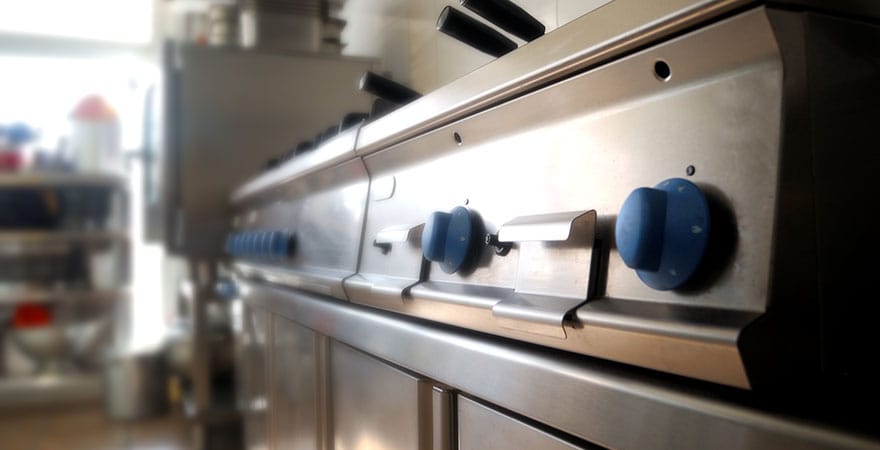


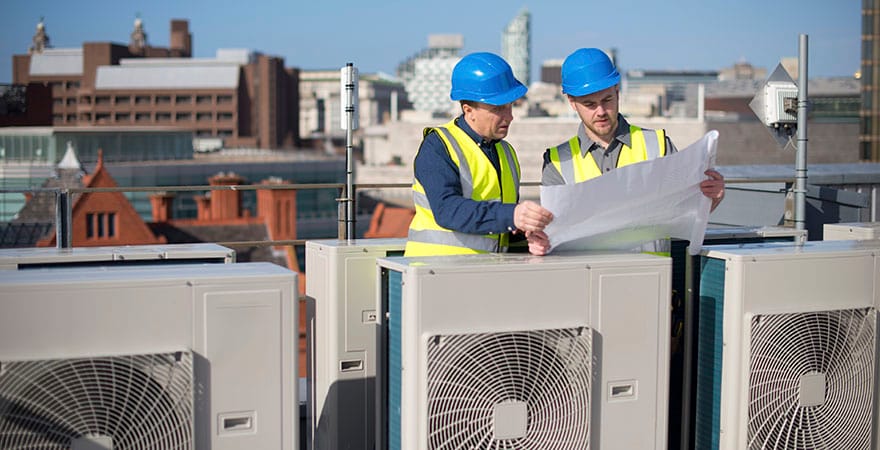


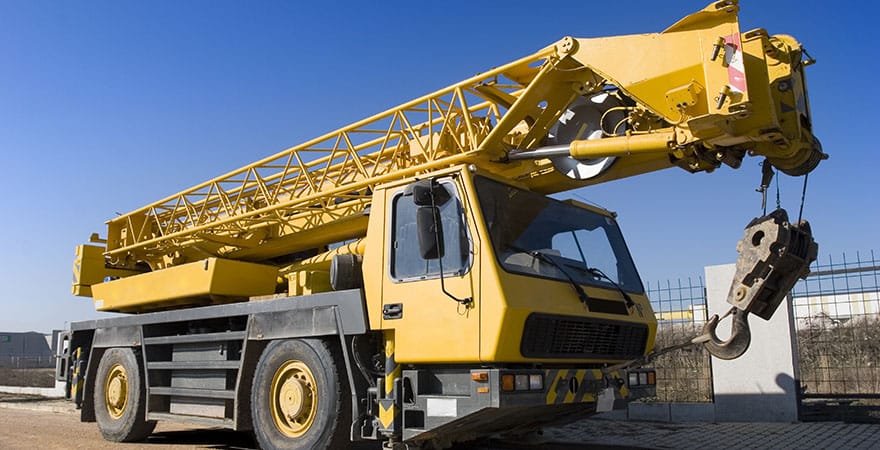
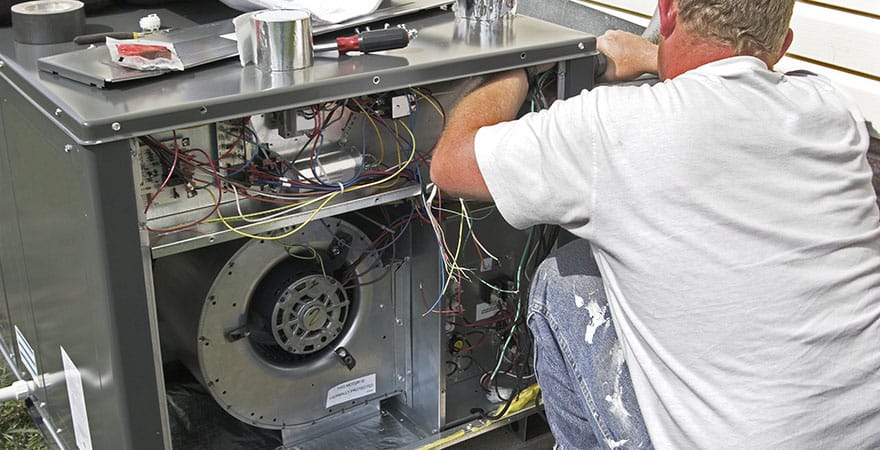
Leave a comment